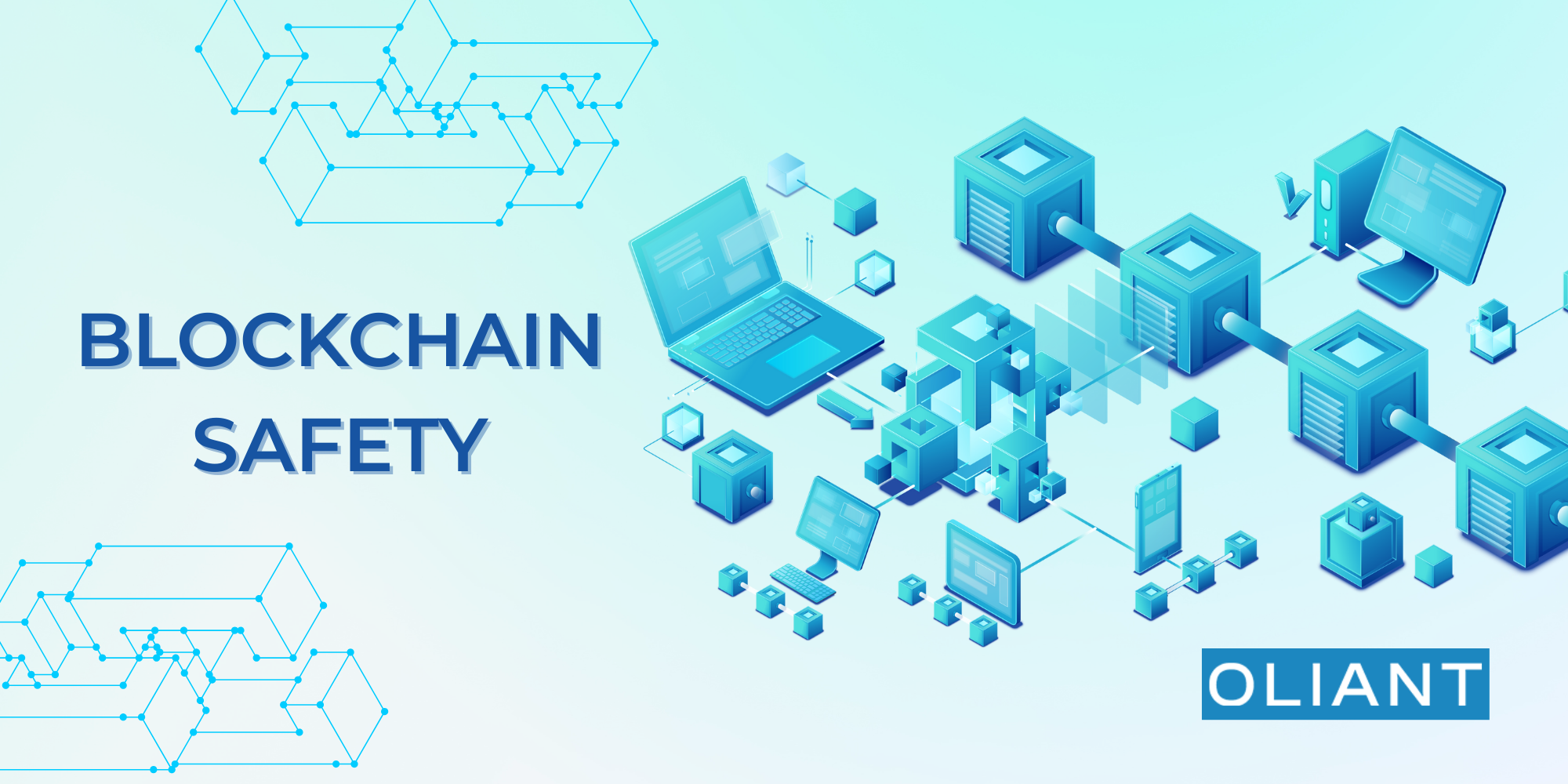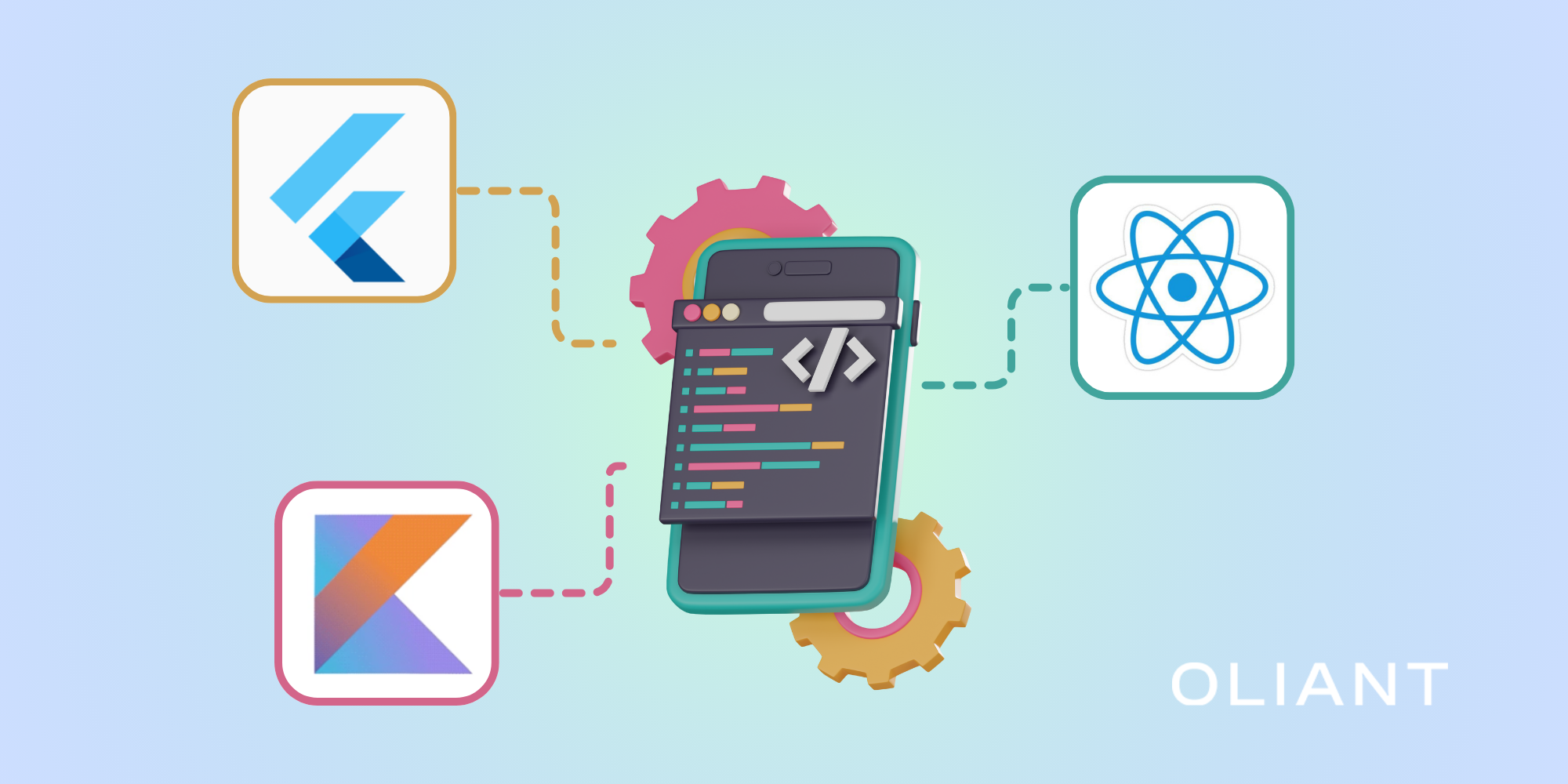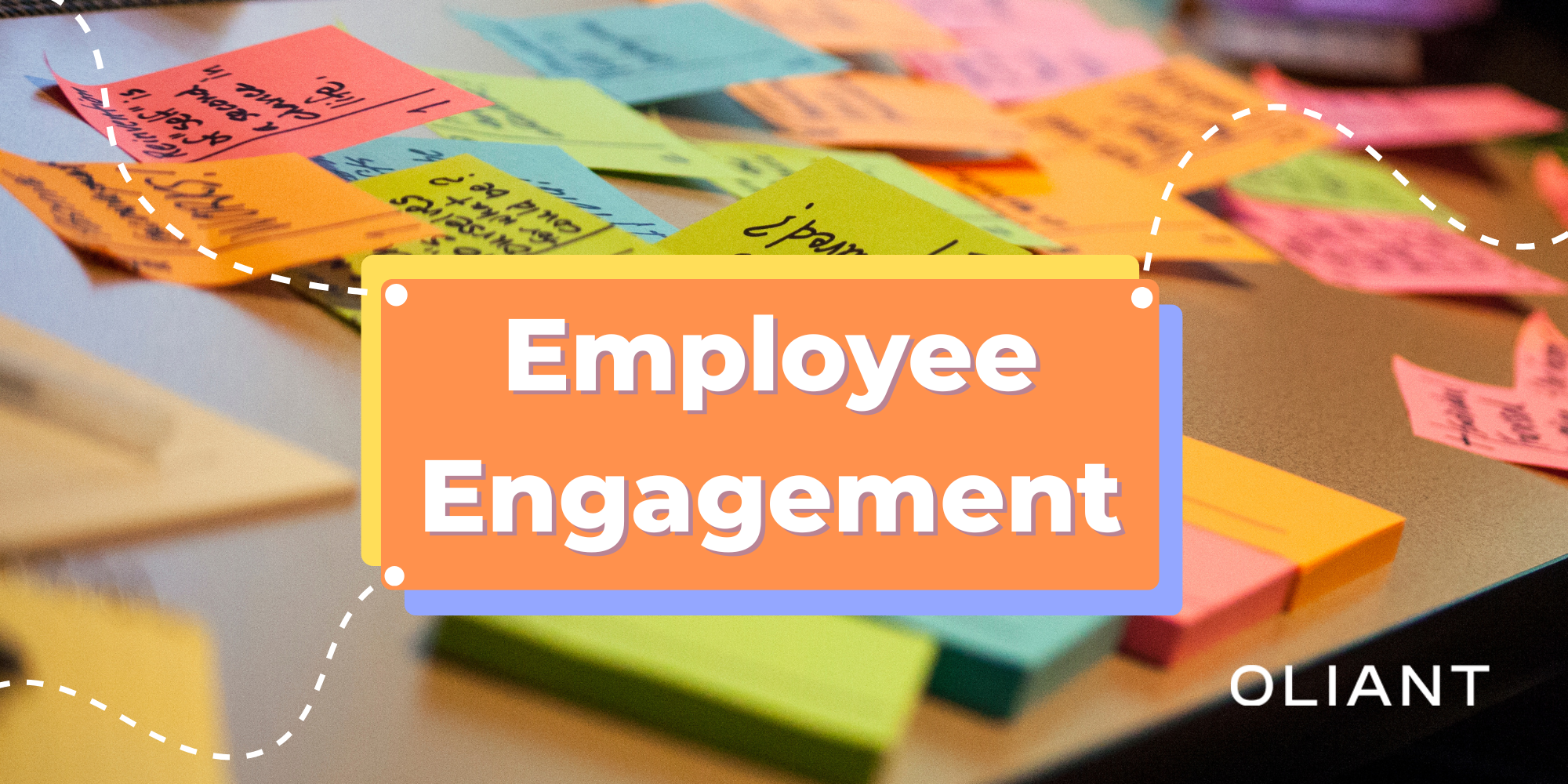It’s becoming more clear every day that Artificial Intelligence (AI) is not just a fleeting trend but a cornerstone of the future. Its transformative potential promises organizations new growth, optimization, and innovation avenues.
However, to harness this power, a structured approach becomes non-negotiable. This is where the Proof of Concept (PoC) shines brightly, offering businesses a roadmap to navigate AI's complex terrains.
What Is Proof of Concept?
Proof of Concept (PoC) isn't just another corporate jargon. It's the bridge between an idea and its realization. A PoC is a scaled-down, tangible demonstration at a project's infancy to validate an innovative idea's feasibility, potential, and value.
Beyond mere theoretical assertions, a PoC delivers actionable insights, setting the stage for more informed decisions in AI project management.
What are the Benefits of a PoC?
The implications of a PoC extend far beyond mere validation, its advantages have turned this strategy into a must for any project. Let’s review some of them:
Cost-Effective Exploration:
In a world where financial prudence is paramount, a PoC allows organizations to gauge the potential of an AI initiative without draining resources.
According to a report from the Standish Group, projects that include a PoC phase can experience up to a 30% reduction in costs due to early identification of potential issues and more informed decision-making.
Agile Refinement:
A PoC's feedback loop acts as a beacon, illuminating challenges and bottlenecks, and enabling swift course corrections, thus aiding in AI implementation.
Streamlined Implementation:
A successful PoC demystifies the AI implementation journey, ensuring subsequent phases flow seamlessly with clarity. Research by Forrester Consulting indicates that companies using PoCs can accelerate their time to market by 25%, streamlining development processes and speeding up deployment.
Strengthened Stakeholder Confidence:
Early positive results from a PoC can amplify stakeholder trust, driving momentum for more significant initiatives in AI strategy.
Additionally, projects with a well-defined PoC are 20% more likely to succeed, according to the Project Management Institute (PMI), as PoCs help clarify objectives and validate ideas early on.
How Proof of Concepts Work
The methodology behind a PoC is both systematic and strategic. It starts with recognizing a unique organizational challenge. This identification paves the way for an embryonic plan, which matures into a functional prototype. But remember, a PoC is not the endgame. The stepping stone is a precursor that molds and refines the final AI strategy.
A tactical entry point becomes invaluable in AI, where hype often overshadows reality. Whether tech-savvy giants or nascent startups, organizations find in the PoC a reliable ally, ensuring their maiden AI venture is anchored in realism and not just lofty aspirations.
Benefits of an AI Proof of Concept
While the PoC concept isn't exclusive to AI, its benefits in the AI domain are particularly pronounced. Here's what organizations can reap:
Risk Mitigation:
Dabble before you dive. A PoC provides a safe sandbox to experiment, iterate, and perfect, thus facilitating AI risk mitigation.
Stakeholder Buy-in:
Winning hearts and minds is crucial. A PoC translates abstract AI strategy promises into tangible outcomes, fostering buy-in from key stakeholders.
Technical Validation:
Every AI dream needs a reality check. PoCs offer this grounded evaluation.
Laying Groundwork for Scalability:
PoCs aren't just about the 'now.' They are blueprints for future AI scalability, ensuring a smooth transition from pilot to full-scale.
A Six-Step Guide to Your First AI Proof of Concept
Venturing into AI can be a transformative journey for any organization. But as with any journey, it's crucial to have a roadmap. Here's a six-step guide to ensure your first AI Proof of Concept (PoC) is a success:
1. Define Your Objectives:
Understand what success looks like and set clear KPIs (Key Performance Indicators). Is it increased sales, more efficient customer service, or faster data processing?
Keeping a final end in mind is a crucial first step. Before anything else, identify the specific issue or challenge you aim to address using AI. This will be the guiding light for your PoC journey.
2. Data Collection:
Explore the data you already have within your organization. This can be customer data, operational data, or any other relevant datasets.
Also, don't hesitate to look into external resources, purchasing datasets or utilizing open-source data that aligns with your objectives can be extremely.
3. Data Preparation:
AI thrives on quality data. Eliminate noise: get rid of anything that isn't useful, fill in missing data points, and ensure it's structured for easy analysis.
Make sure to split the data as well. Divide it into training, validation, and testing sets, providing a comprehensive base for your AI model.
4. Select the Right Tools and Technology:
Similarly to what we mentioned before, it's important to consider if you want to work in an in-house product or get something off the shelf. Assess whether building a custom solution is necessary or if existing AI tools can be tailored to your needs.
Balance the benefits of cloud versus on-premises solutions based on security, costs, and accessibility.
5. Model Development:
Prototype, prototype, prototype. Start with a basic model to test the concept. As insights are gathered, iterate and refine.
Make sure to also regularly involve key stakeholders to share with them any significant developments, that way you’ll ensure the model aligns with business objectives and user needs, and save yourself extra work.
6. Review and Iterate:
Don't forget to keep your KPI’s in mind. Once your PoC is up and running, measure its performance against the original goals you set in step one.
Keep an open mind when from stakeholders, users, and the tech team. Feedback can come in many forms, and keeping an open communication loop will help tremendously in improving and refining your model continuously.
In the competitive business landscape, strategic adoption of AI is no longer a luxury; it's a necessity. However, a successful AI adoption requires a calculated approach. Proof of Concept (PoC) is critical in this process, helping organizations validate their AI initiatives, anticipate challenges, and align with broader business objectives.
Remember, a successful PoC isn't just about technology; it's about aligning technology with business objectives and creating real-world impact.
Interested in Jumpstarting Your AI Journey with a PoC?
Understanding and implementing an AI PoC effectively becomes crucial as AI redefines industry standards and business processes.
If you're looking to explore the potential of AI for your business and want a structured approach, OLAINT is ready to assist. Together, we can develop a PoC that ensures your AI projects are rooted in real business needs, offering tangible benefits and measurable outcomes.





















.png)





.png)



.png)










.avif)









.avif)
